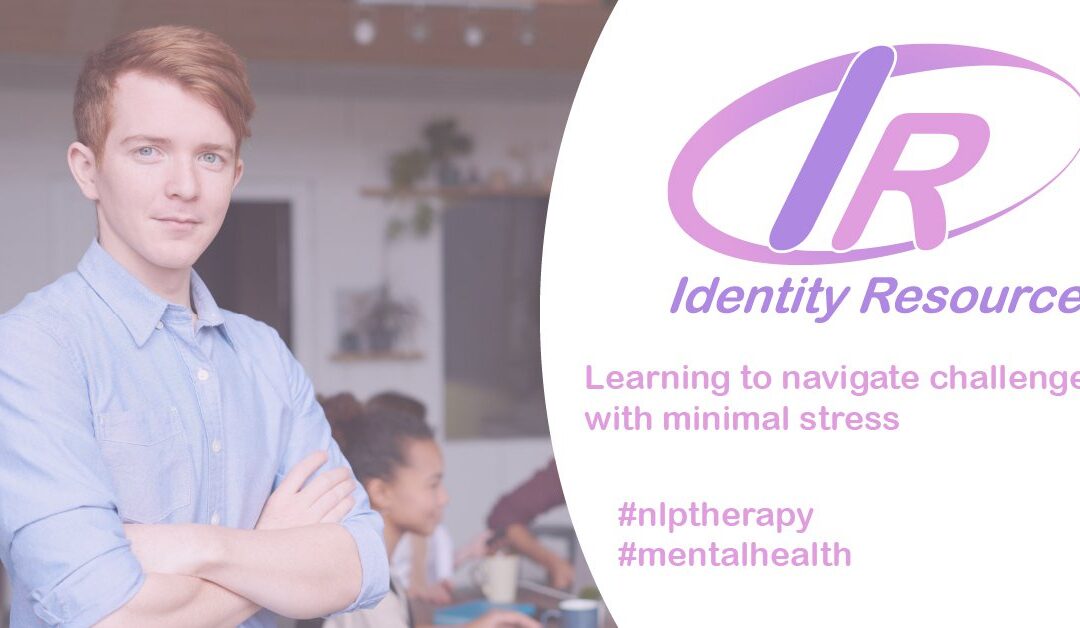The anxiety of change affects us all in different ways. Especially when we’ve undergone such huge upheavals in our lives this year.
In January, Coronavirus began to emerge in China and the Far East as a threat. But in the West, we looked at it as someone else’s problem. Another Ebola outbreak, SARS or MERS. Something that affects other people. Not much changed except maybe a dull feeling of anxiety in the background.
It feels like our present has been taken away from us.
Managing change is difficult. It can be the cause of considerable stress and anxiety. So learning to deal with change is a key skill for people to learn. And the changes we are all facing are unprecedented.
The two key changes here are the lockdown beginning. That was a fundamental change in the way we live our lives. And the second, the easing of lockdown and the anxieties associated with staying safe as we start to go out again.
But let’s not forget the protests and unrest we have seen following the killing of George Floyd in the US.

Table of Contents
Dealing with the Anxiety of Change
So what can you do to manage your reaction to the changes we are all facing? We are slowly coming out of lockdown. It should be a good thing. We’re returning to a world that has changed.
As individuals, we don’t really understand the risk, and there are many other unanswered questions:
- How do I cope with the anxiety of relaxed social distancing?
- How do I manage other people’s expectations?
- What is personal space now and how do I avoid offending people?
I’m listing some of them out for a reason. There will inevitably be so many questions at a time like this. And you will have your own thoughts and emotions.
Tip 1: Make yourself aware of your thoughts and emotions.
Can you take all of the jumbled thoughts about what the risks of easing lockdown are, what you need to do, and how you feel about it all?
You might want to sit all this out and have your shopping delivered. You may have lost a loved one or not been able to see family members for months. How do you feel about that? How do you feel about seeing people again?
All of these things will inevitably cause an emotional reaction. Maybe fear or anxiety? Maybe sadness or joy. But the anxiety of change will have an effect on you. And there’s that dull feeling of anxiety in the background.
Your emotions won’t go away but understanding the futility of destructive thoughts and emotions will help you to replace them with an awareness of your negativity. And that’s a big step forward in understanding yourself better.
Tip 2: Everything is present. The past is present, and the future is present too.
You live in the present right? Not in the past, or in the future. Think about it. The past was once the present, and the future is simply the present that hasn’t happened yet.
Can you focus on the present? No one expected to face what we are all facing now. in the future children will need to go back to school, return to normal life- holidays, new jobs and so on.
But think about this. Those things are a future present. Not now. So focus on what you can deal with now and set other things aside until they become the present.
Tip 3: Be Resourceful, creative, and open-minded.
Solutions aren’t always immediately obvious to us so let yourself be creative and open-minded. There isn’t an instruction manual for lockdown, or coming out of it. And it’s too easy to be a victim. But take charge of your situation, come up with some solutions to your present problems and be prepared to try out new ideas.
Remember to value the people, things, and events around you. They may be part of the solution to your problems. Many people like to complain and find fault rather than learning how to find quick and effective ways to overcome difficulties. So don’t wait for your lockdown challenges to resolve themselves. Be proactive and resourceful!

The lockdown and the subsequent easing are difficult enough. But the killing of George Floyd has provoked the response across the globe that we are all aware of. It raises another question. How do we stop viewing people different to us as an “other”? And how do we come together as one?
These are my three tips to help you with the problems and challenges of coming out of lockdown. This isn’t an instruction manual. What you do is a personal choice.
My tips are designed to help you understand and overcome your emotional responses and jumbled thoughts so that you can manage the anxiety of change in your everyday life.
Watch out for my blogs. I will be looking at each tip in detail to share a deeper understanding of the science behind them and how you can really change your life with the application of some simple strategies and tools.

Recent Comments